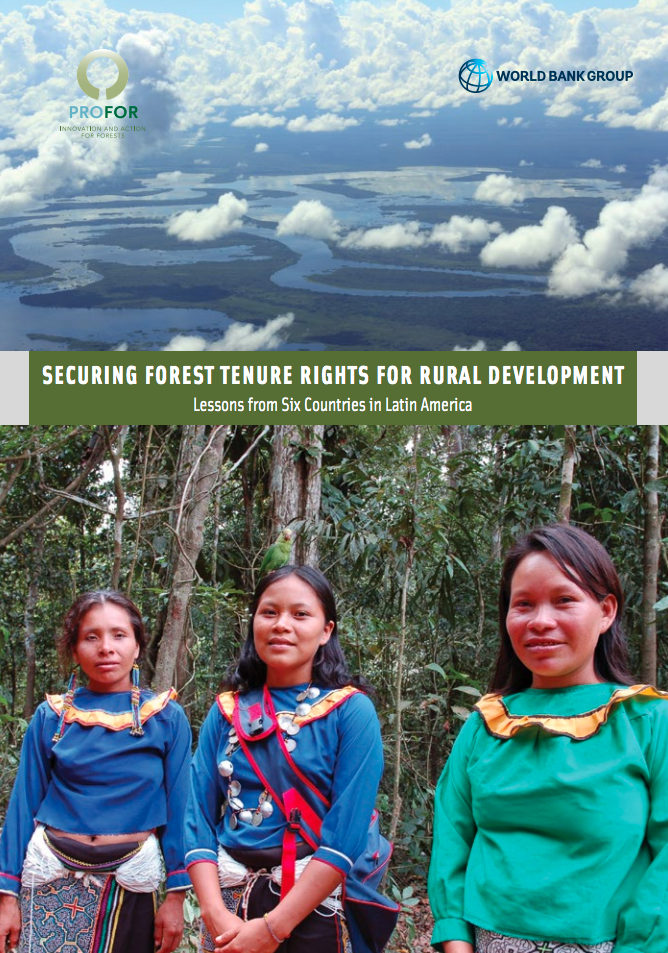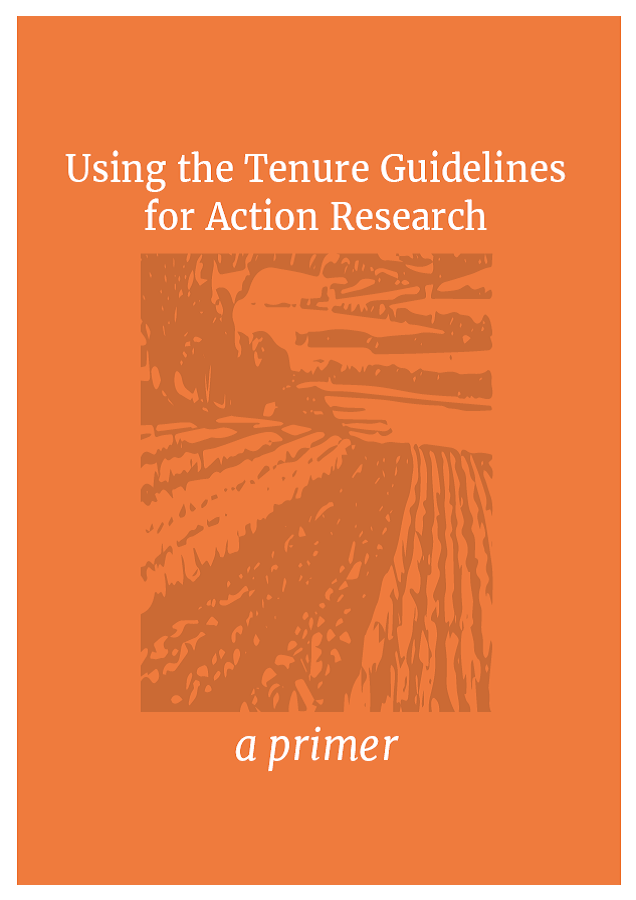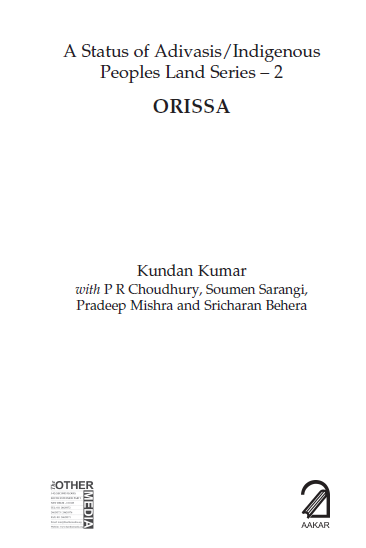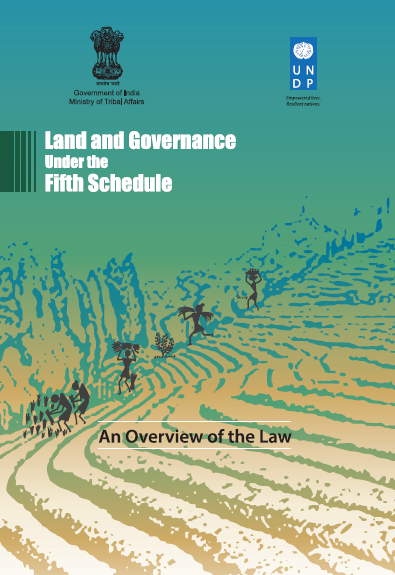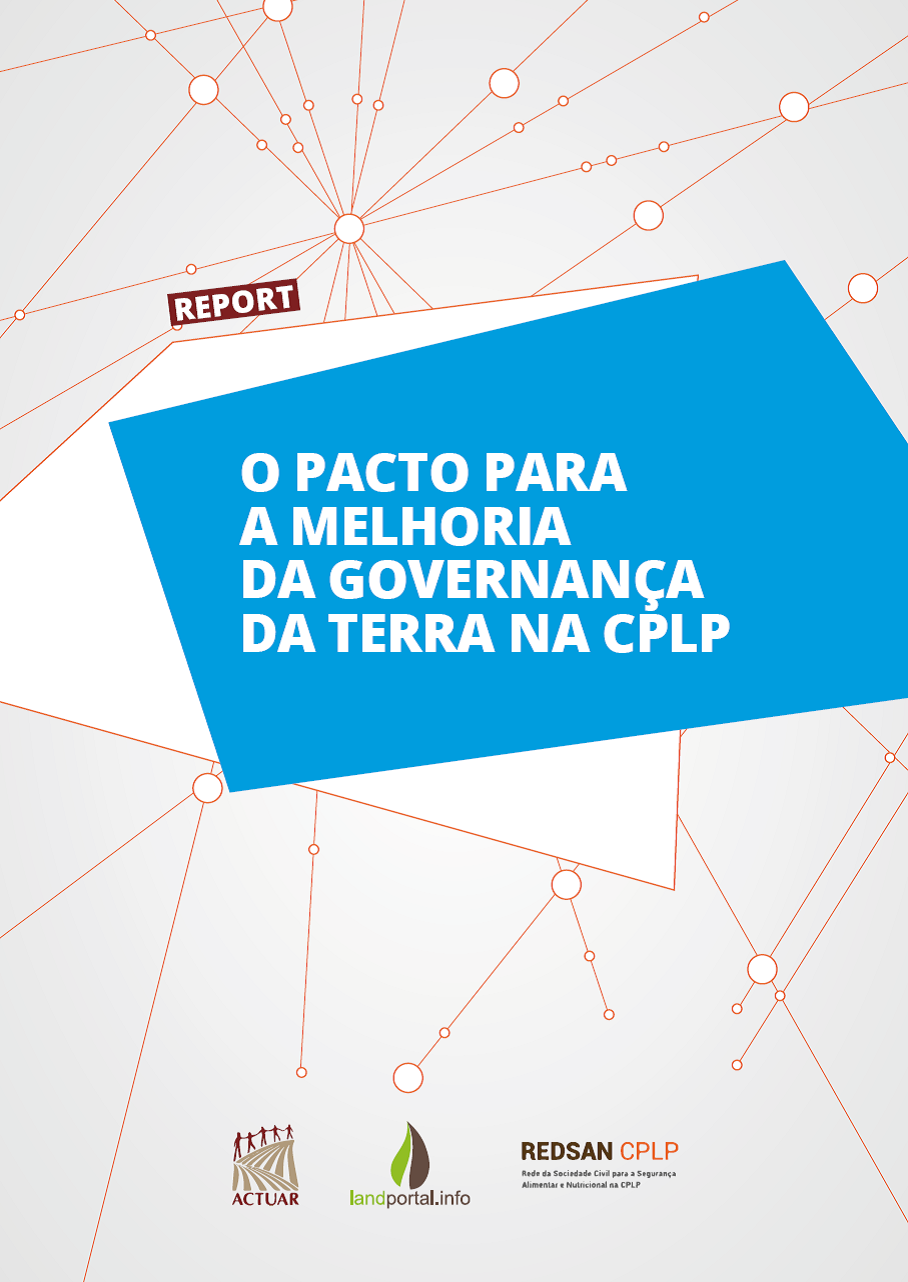Securing Forest Tenure Rights for Rural Development: Lessons from Six Countries in Latin America
Secure land tenure in rural landscapes is widely recognized as an essential foundation for achieving a range of economic development goals. However, forest areas in low and middle-income countries face particular challenges in strengthening the security of land and resource tenure. Forest peoples are often among the poorest and most politically marginalized communities in their national contexts, and their tenure systems are often based on customary, collective rights that have insufficient formal legal protection.

